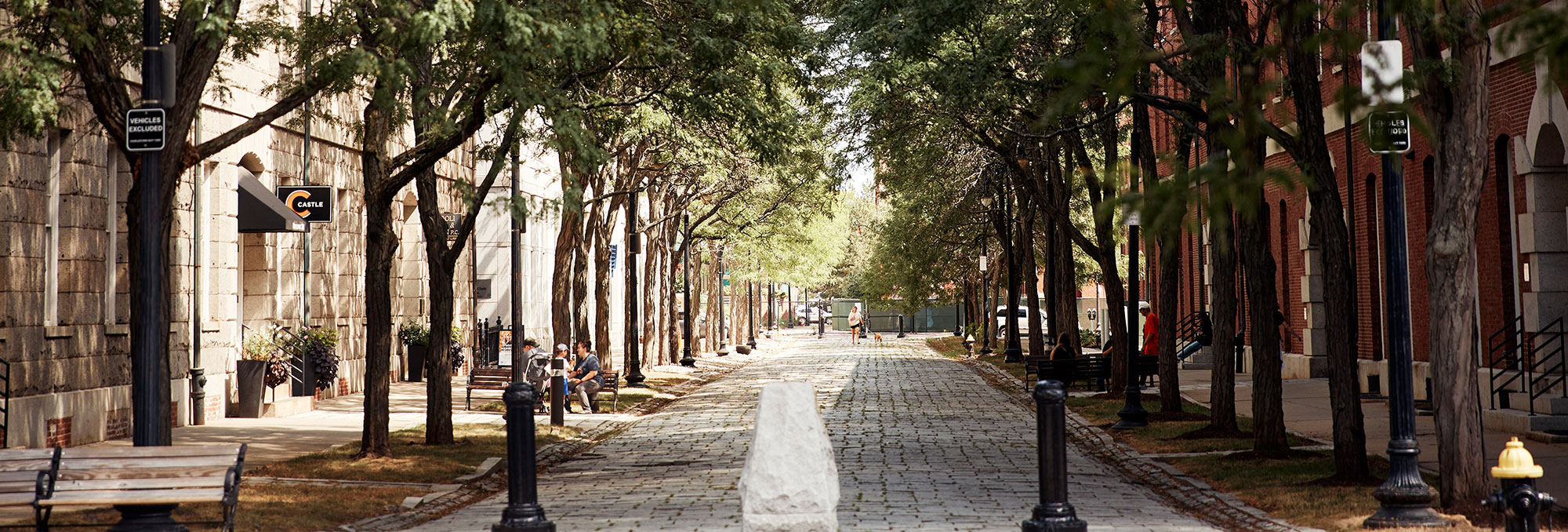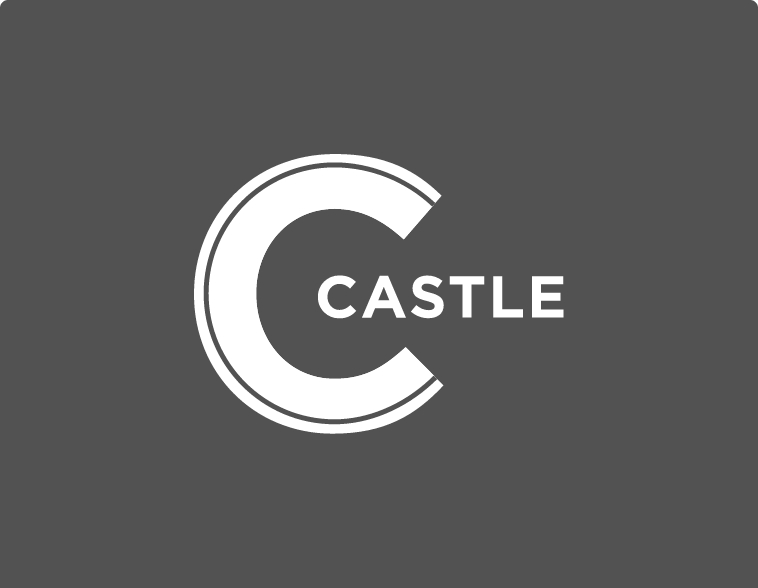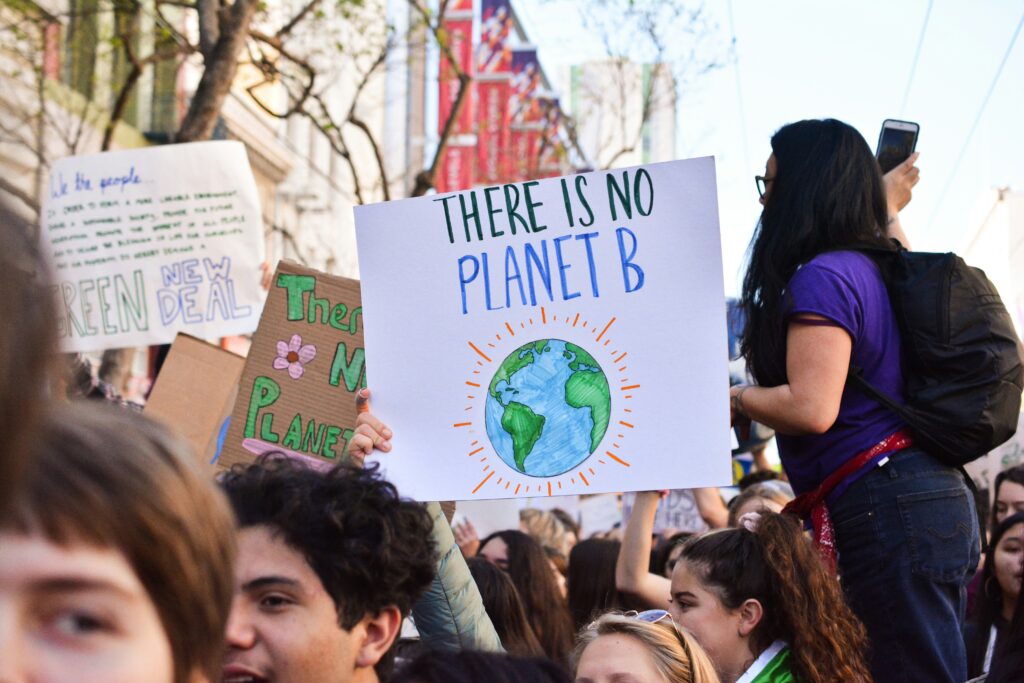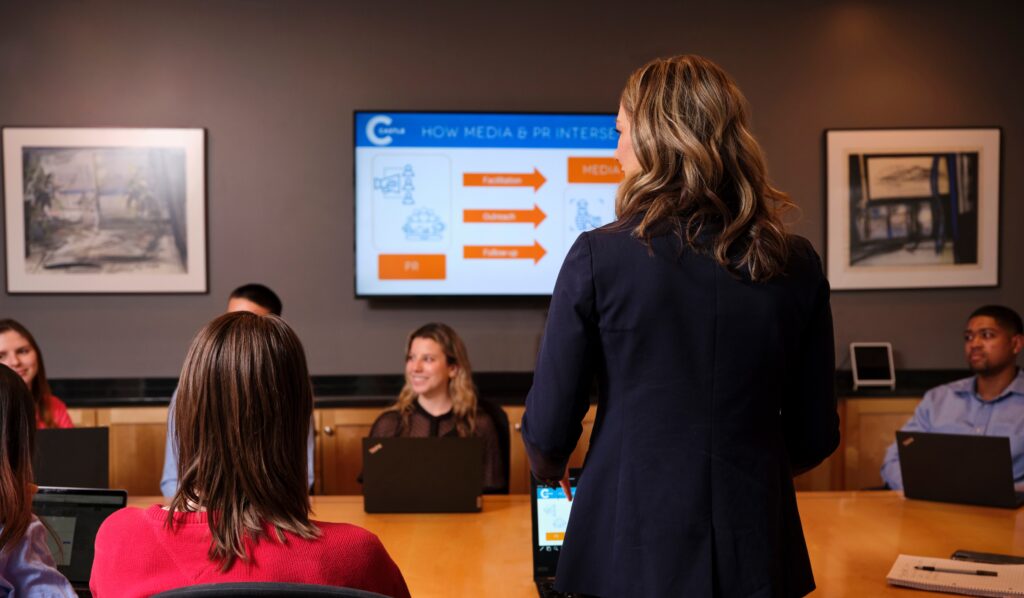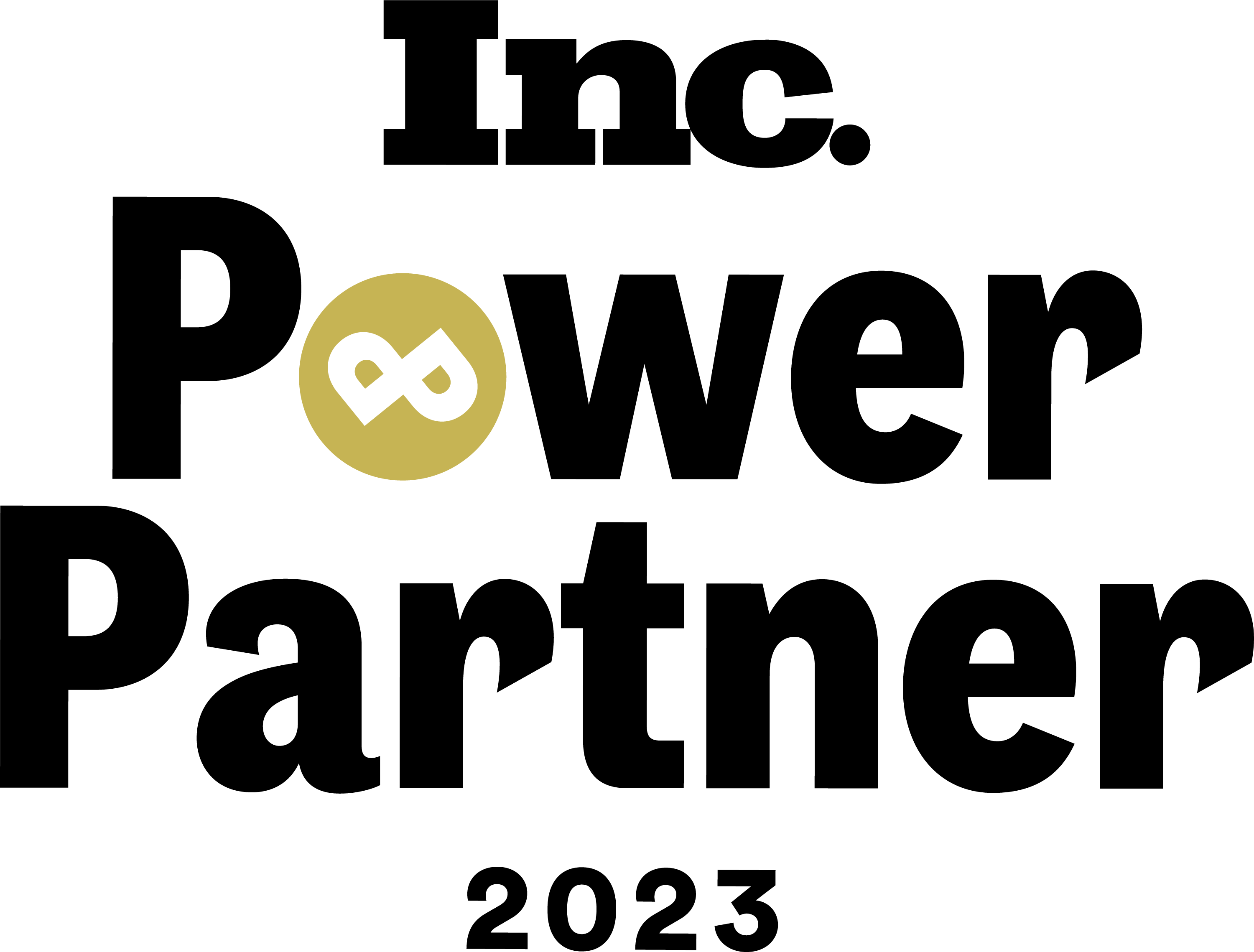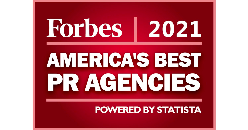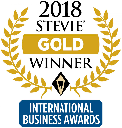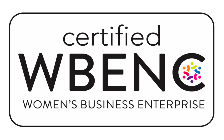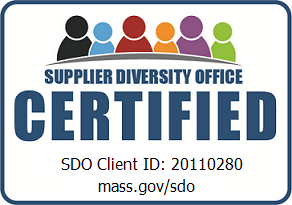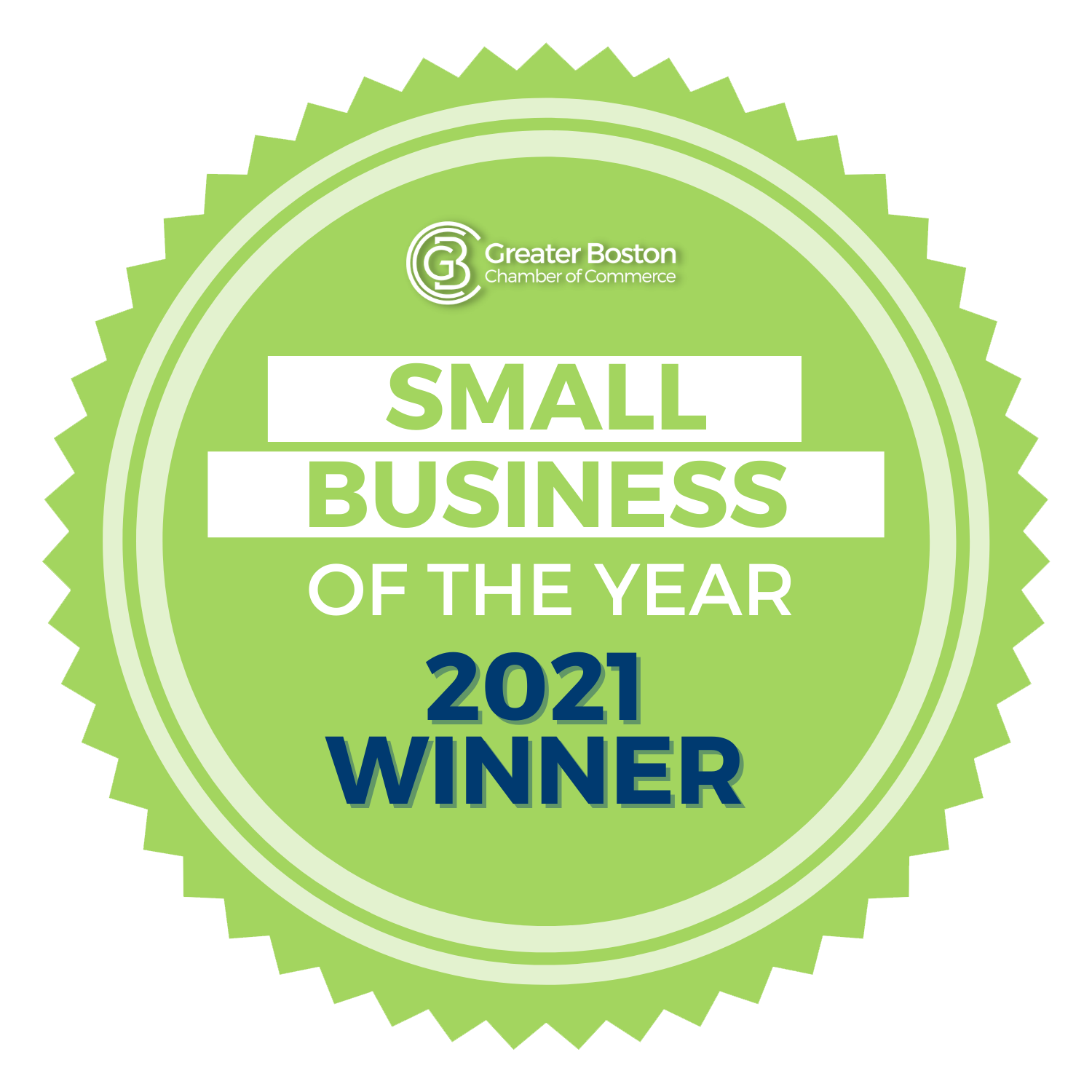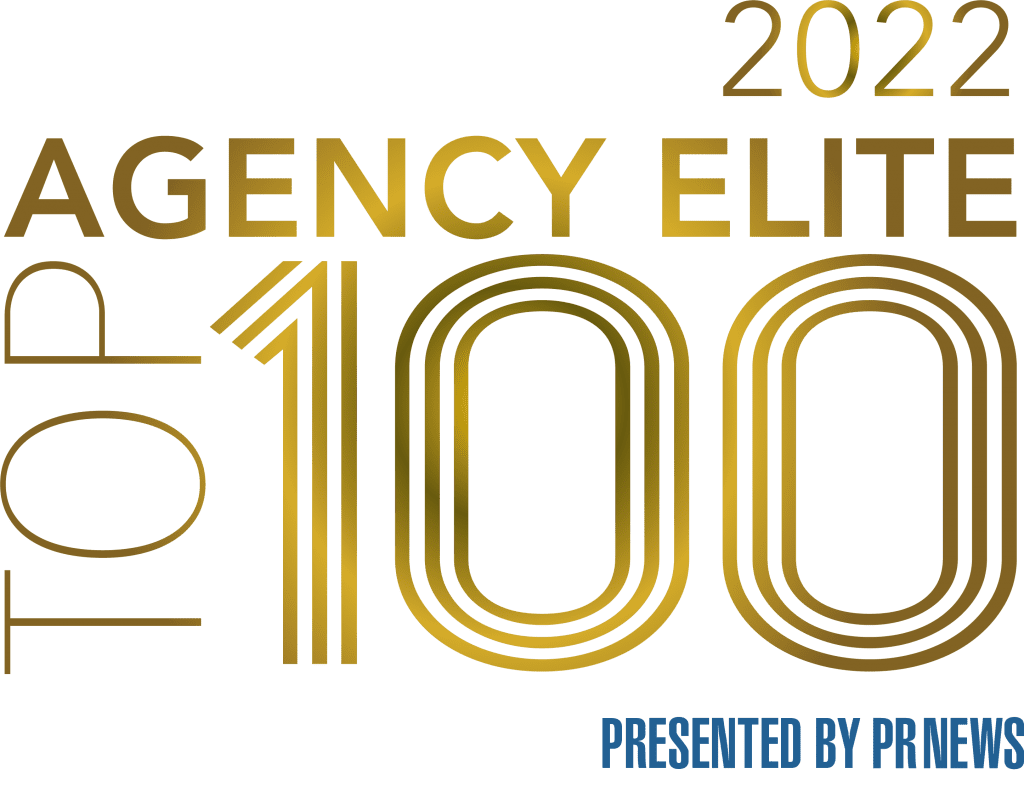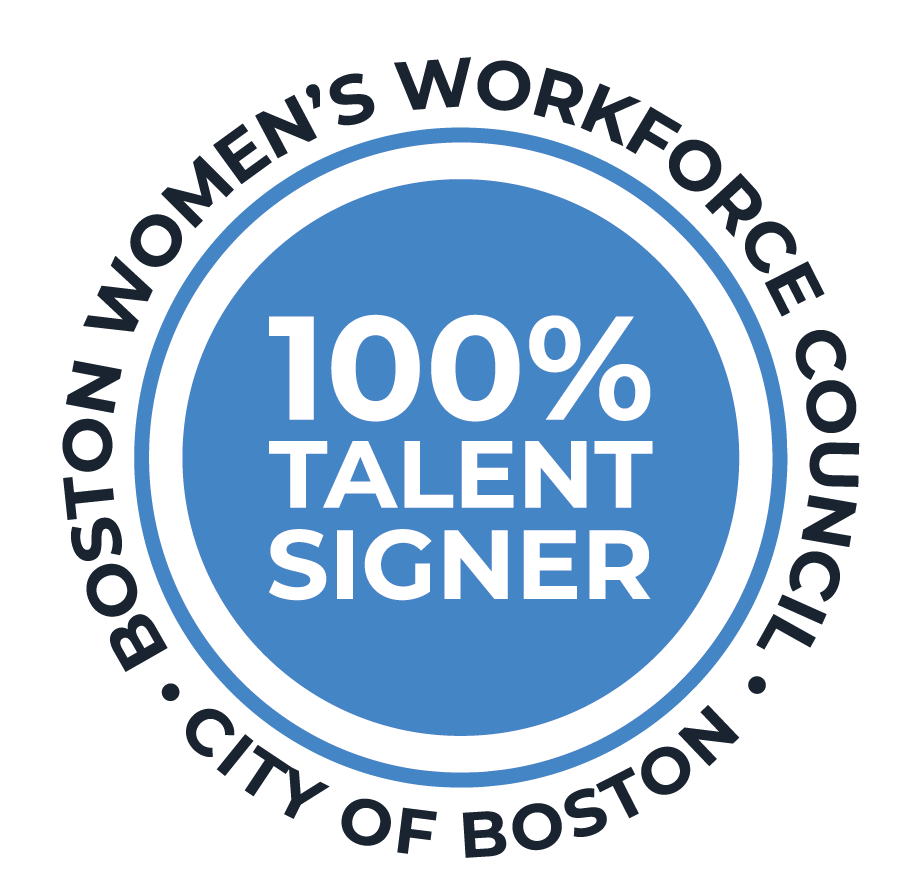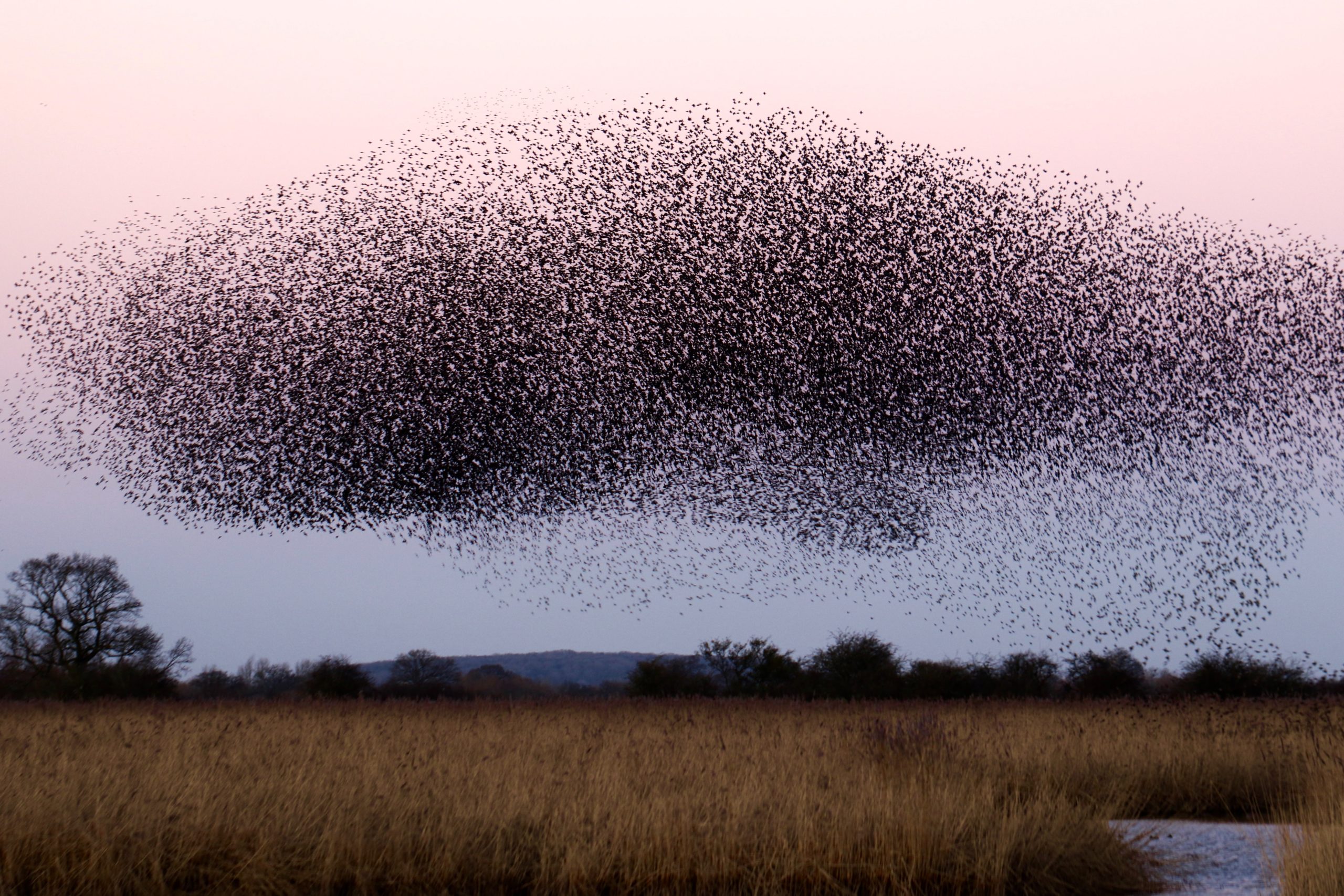
The world of Wikipedia editing can be an inscrutable one for the uninitiated. A massive, online, open-collaborative environment with more than 55 million articles and 94 million registered users, any of whom can edit almost anything they choose, sounds like the stuff of nightmares for PR professionals. After all, the critical words of just a few people online can have real, lasting impacts on the people and clients we serve.
We spoke with one of those experts, on the condition of anonymity, for this blog post. Many Wikipedia editors choose to remain anonymous to protect themselves from various threats, including repercussions from a government or employer and online harassment. Even with that anonymity, our expert says Wikipedia has systems in place to ensure that articles contain verifiable and accurate information.
Our conversation below includes helpful insights for clients interested in protecting their brand in the world’s largest-ever encyclopedia.
How would you describe the role Wikipedia plays in the modern media landscape?
Wikipedia has become indispensable as an online encyclopedia. Whereas Wiki used to be laughed at [when it was founded] in 2001, it is now an important source of information for companies, journalists, researchers and other interested parties.
How do you view the relationship between public relations and platforms like Wikipedia, where pretty much anyone can (within reason) edit information about a person, client or company?
Wikipedia is an encyclopedia and not a PR platform. If you don’t follow this rule, you will be surprised how quickly your article or your edits will disappear. The Wiki editor community can sometimes react very aggressively if they get the impression that the site is being used for marketing purposes. In the background, however, discussions often take place between Wiki editors before changes are made.
Clients constantly view Wikipedia as an online platform where they want to present their company in as positive a light as possible, but that is the wrong approach. It’s not about being positive. It’s about being completely neutral. As for getting published, relevance can be determined by size (revenue, number of employees), internationality, innovation, etc. The small flower store around the corner will not manage to get a Wiki article published.
Why is it helpful to clients to have an expert who understands Wikipedia?
A Wikipedia writer can advise a company on getting everything right, both in terms of content and technology. In addition, an experienced Wiki editor has a certain status in the community to place edits. Many people still believe they can simply publish articles with a personal or company IP address. This can quickly lead to suspicion that there is a clear business interest behind it.
What do clients ask you about most?
Many companies are annoyed by entries in their Wiki article that they feel are incorrect or negative. To some extent, this can be worked on. However, it is important that every change is substantiated by an external source if possible. For example, do not cite your own website as the source.
How cognizant are company leaders of what’s on their organization’s Wiki page?
Some are not at all interested in the Wiki article on their company, while others would love to change every word in their favor. The fact is Wiki articles are taken very seriously. They are an important research source for anyone looking for information on the web. In this respect, one can only advise every company to take care of the optimization of the article with the help of professionals.
Why is it important for you to remain anonymous?
The majority of serious Wikipedia writers work under a pseudonym. This offers protection against personal attacks and insinuations. However, most Wiki editors have a meaningful profile in which they introduce themselves with their background and interests.
Does most of your work involve proactively advising clients on how to maximize their visibility through Wikipedia, or is it more about trying to help manage their reputation in an open-source environment?
Consultancy is important to clarify the basic principles of Wikipedia. Quite often, one has to help with edit requests to make them Wikipedia compliant. It’s also important to implement the edits professionally. This cannot be done with copy and paste. A certain knowledge of coding is required and the more mistakes you make, the faster it calls the Wiki watchdogs on the scene.
How do you advise clients to handle negative publicity that appears on their Wikipedia page? What can organizations do to help negate it?
Whenever there’s a request to remove negative content, it must be made clear whether the content contains accurate information or not. For example, if a company has information about massive tax fraud in their Wiki article and simply wants to have it eliminated, it would be difficult to remove it from the piece if it is accurate that fraud was committed. If there’s content that is defamatory or false, then there is nothing to prevent it from being corrected.
Wikipedia has rigorous standards in place to ensure the information found on its pages is credible, but it’s mostly edited by thousands of volunteers. What opportunities and challenges does this democratized, de-centralized system present to you?
Wikipedia is not an authoritative team of scholars, but an open space, a swarm of authors around the globe. This team consists of scholars, students, professionals, retirees, men and women, people like you and me. This swarm works 24/7, 365 days a year. Mistakes are made, but they are also corrected. For example, in the early years, a lot of spelling errors were noticeable on the site. That has improved a lot, because there is an army of authors who specialize in optimizing spelling. Let me put it this way: the swarm works very well.
Any trends we should know about in the Wiki-world?
The Wiki-world must be careful not to fall into irreconcilable camps, especially when it comes to political issues, or to allow itself to be politically abused by Fake News. The Trump era in general has caused a lot of damage in this regard. I sincerely hope that the Wikipedia community’s self-healing powers continue to work and ensure that it remains a role model as the first serious global and neutral encyclopedia of the Digital Age.
Wikipedia is not a marketing platform, but we do have experts who can help navigate the often-murky waters of the Wiki-World to allow clients to protect their reputations and ensure that important information about their brand is represented accurately on the site. This includes knowledge about Wikipedia’s editing protocols, principles and coding language.



